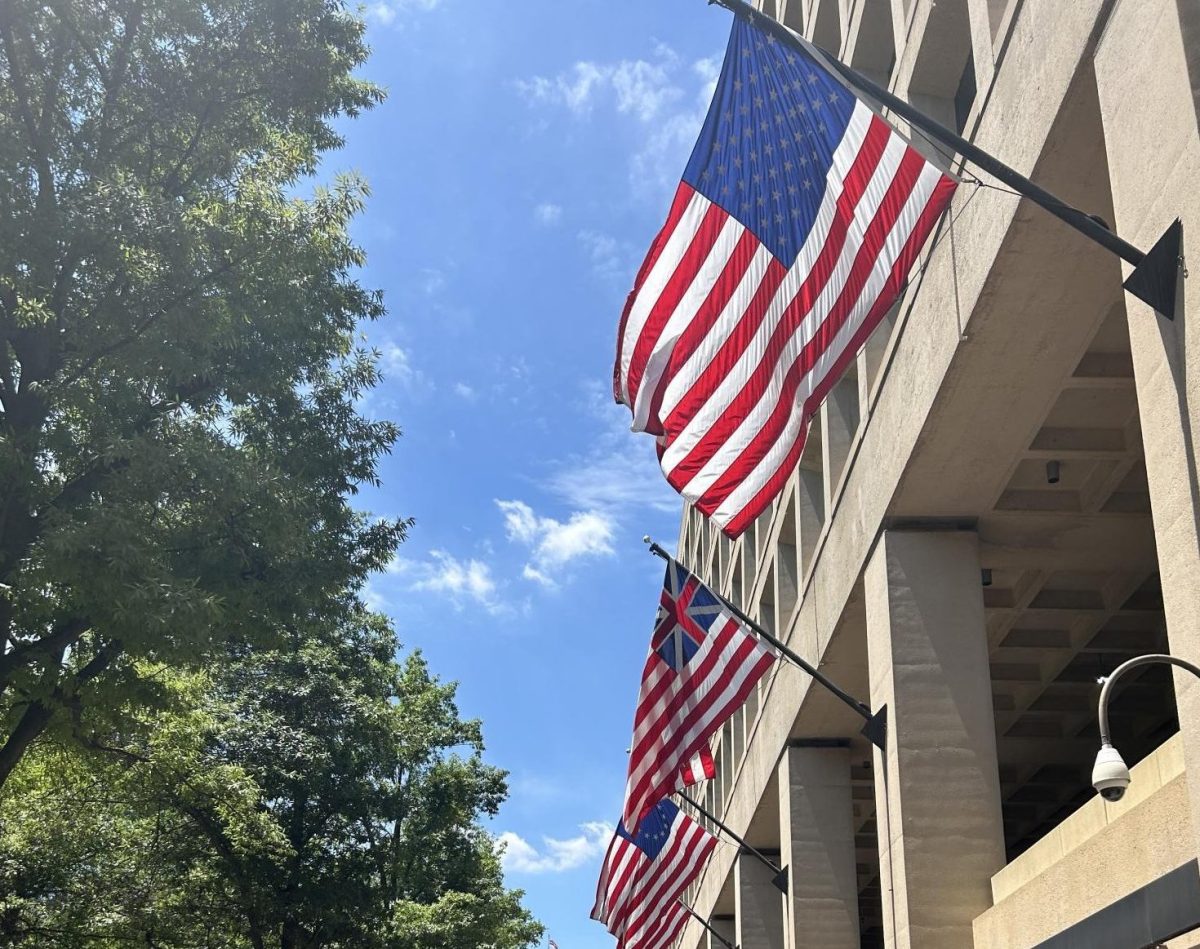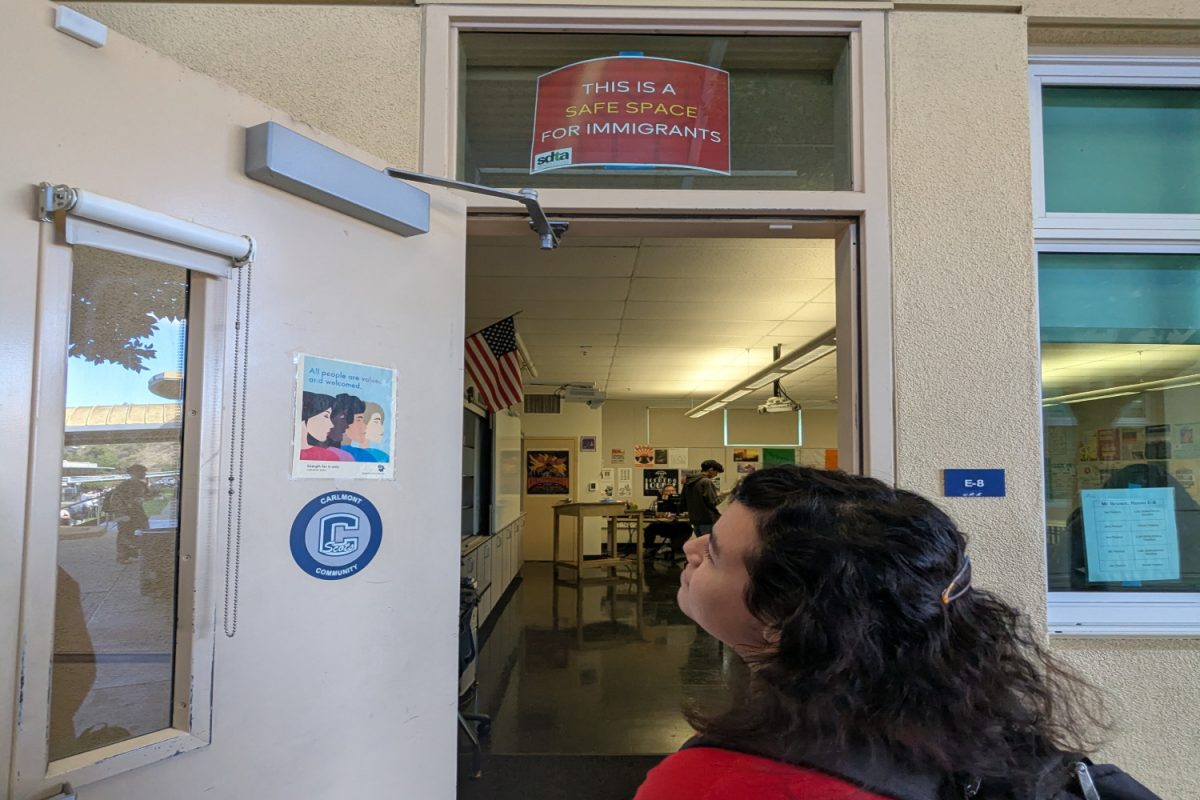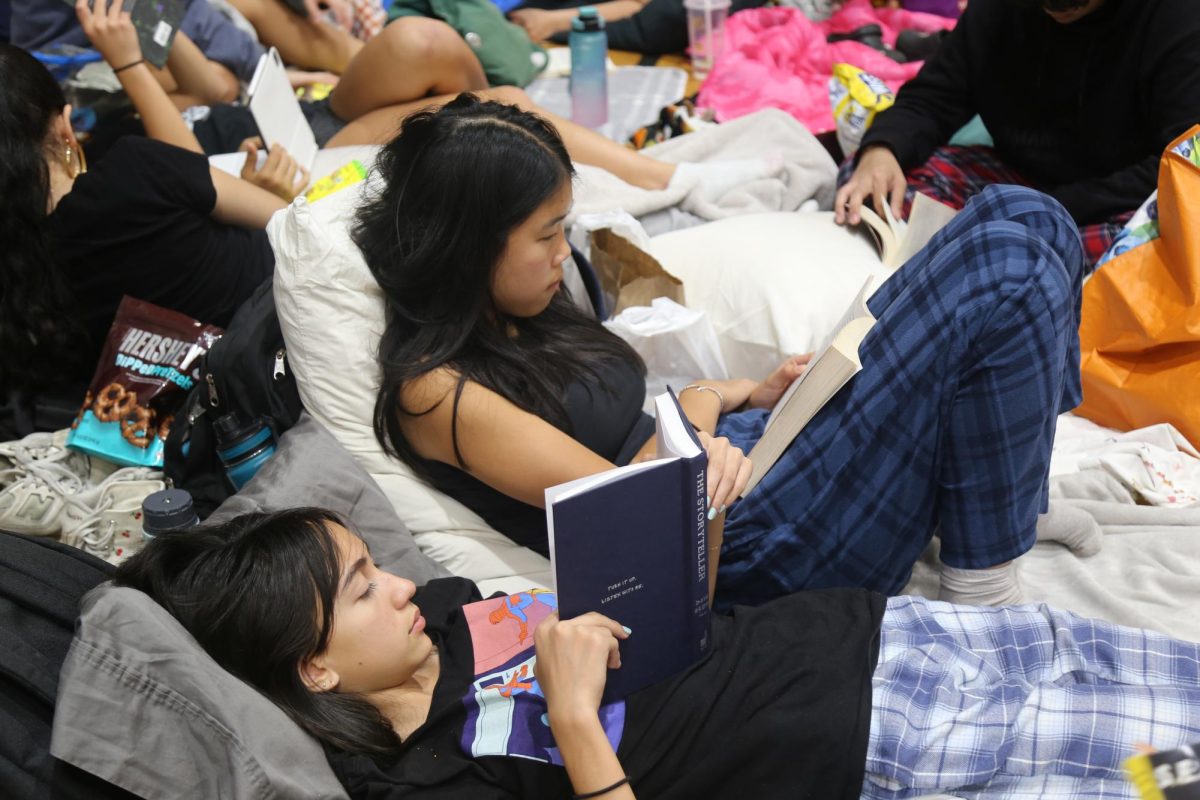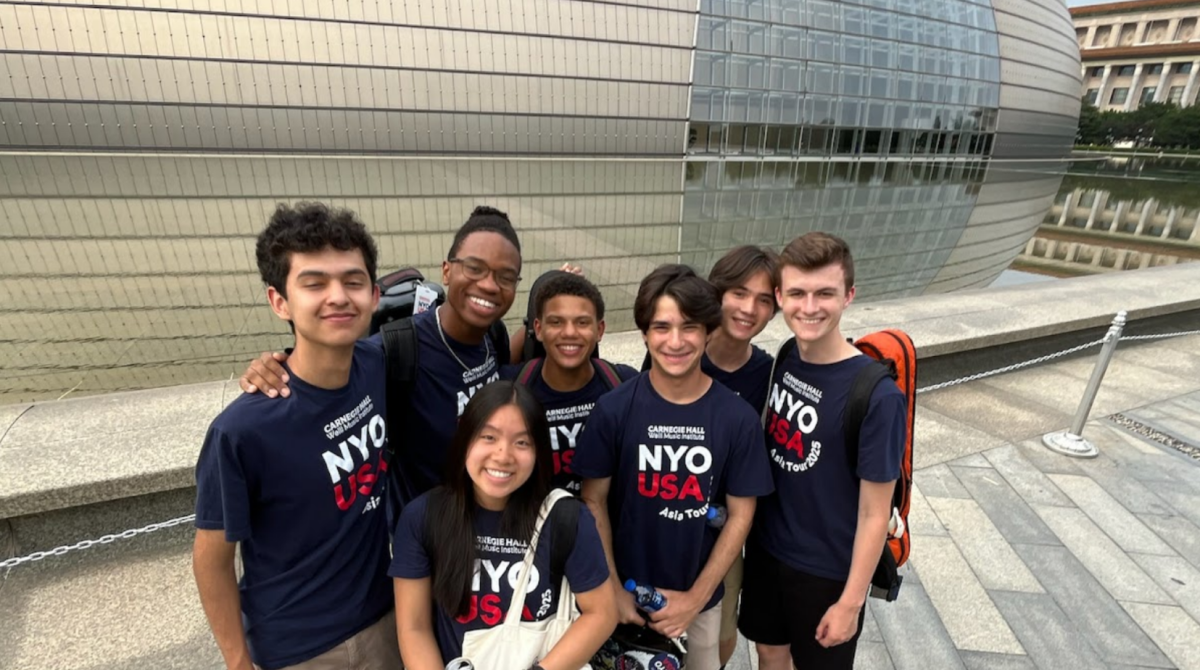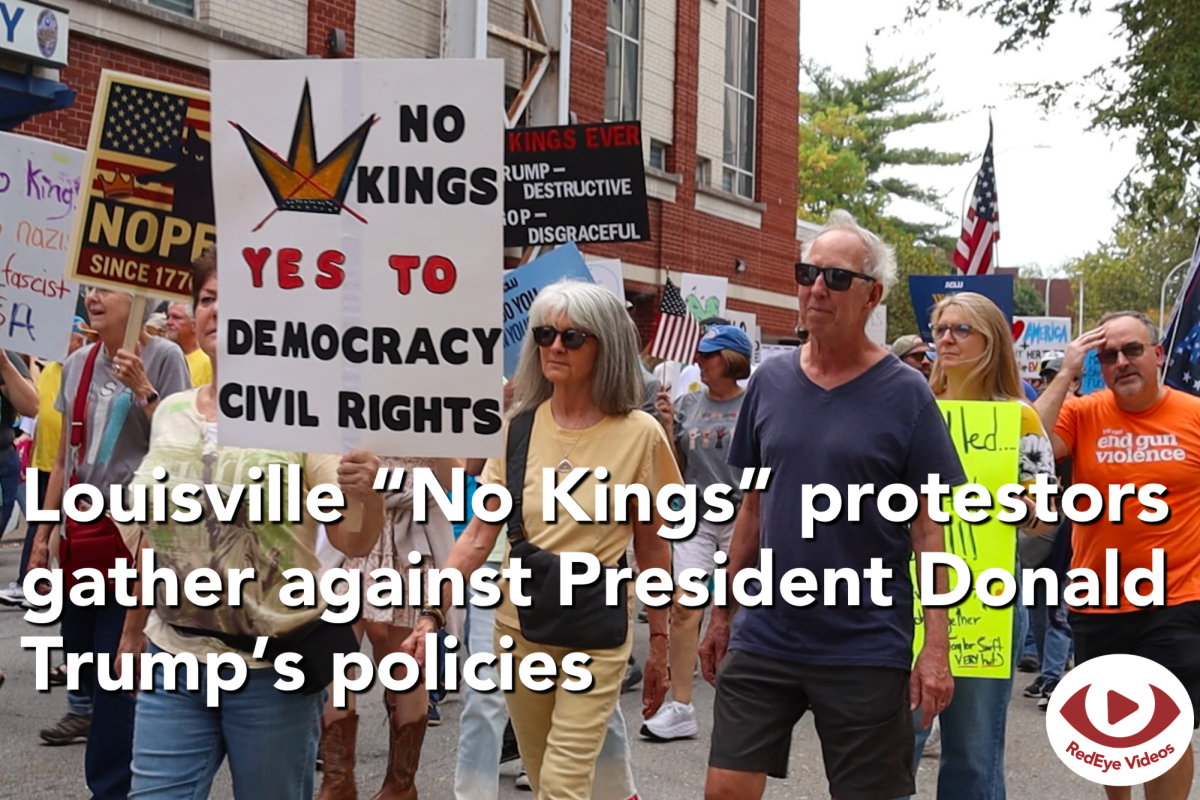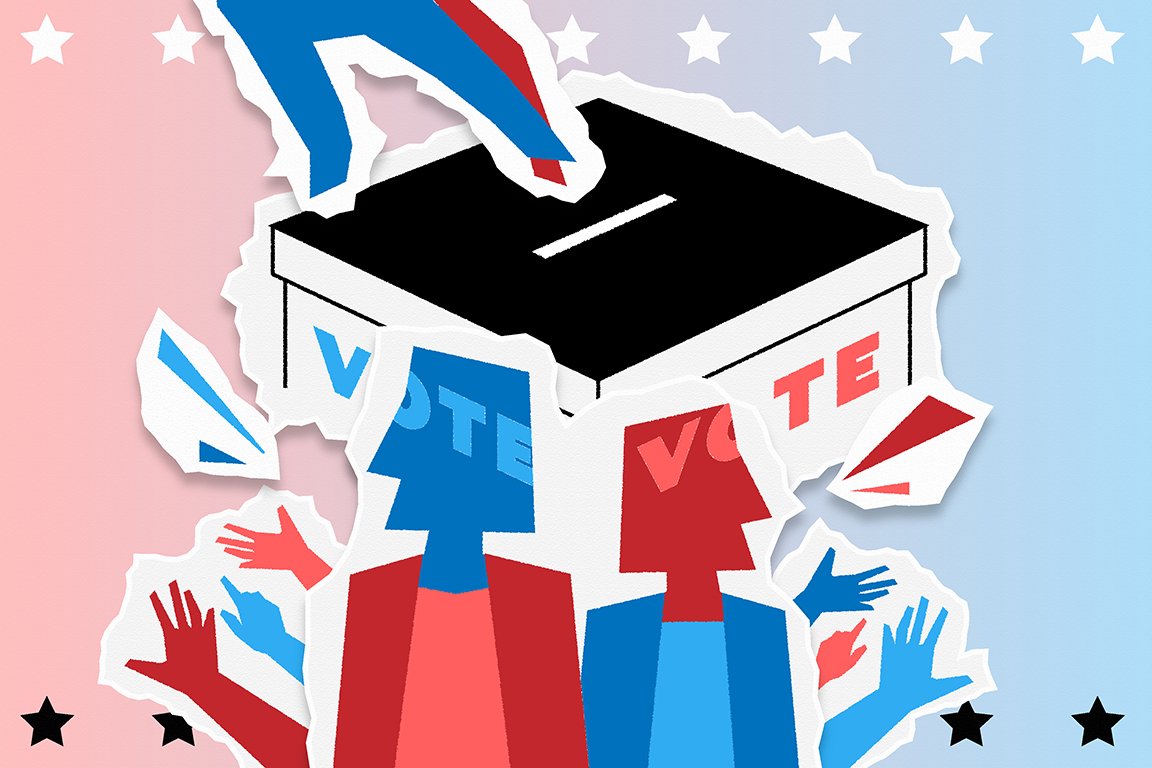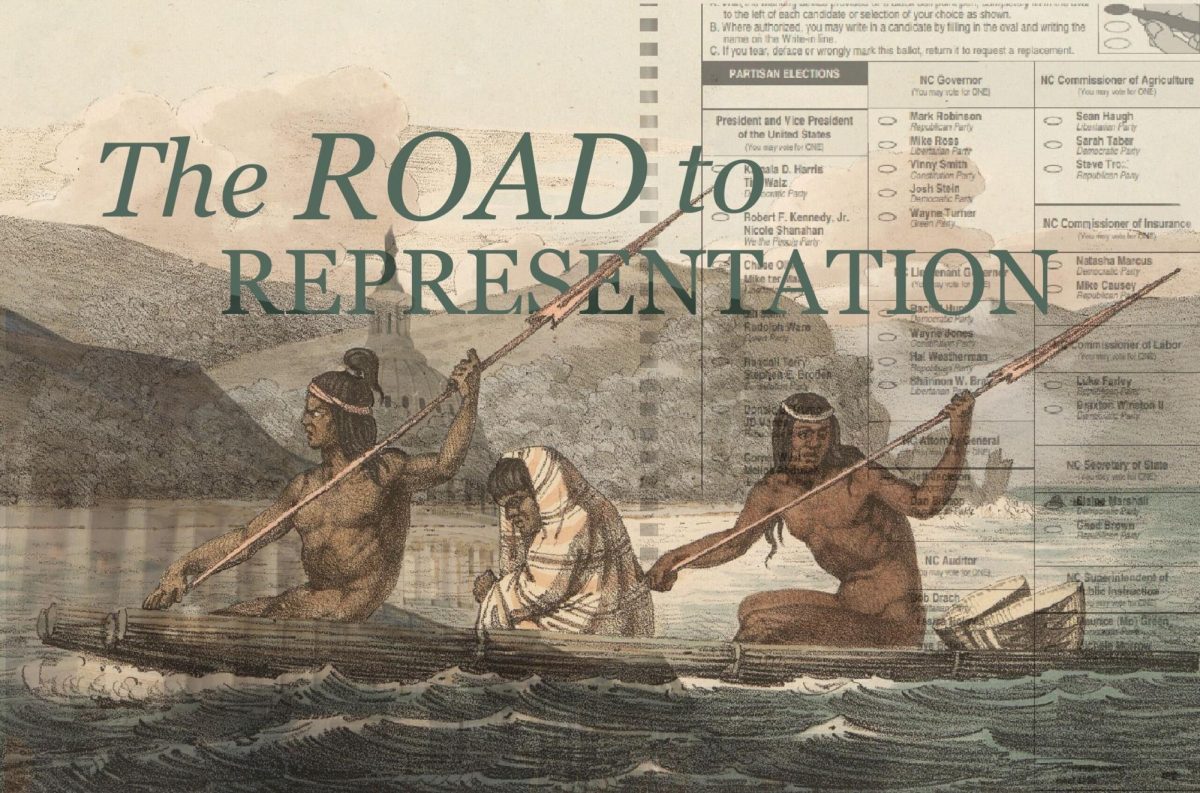In an election twist that left many scratching their heads, 60% of the Latino community cast their votes for Donald Trump. This unexpected choice defied expectations and sparked curiosity about what drove this decision.
This surprising result highlights the various political aspects Latino voters prioritize. From economic aspirations and job security to cultural values, these voting patterns reveal a political landscape that can’t be easily categorized. Latino voters are influenced by a mix of factors that are often overlooked.
In the past, Latino voters historically supported Democratic candidates. However, in the 2024 election, economic concerns such as job security and inflation became more pressing, overshadowing traditional issues. This shift indicates a reevaluation of priorities among Latino voters, who showed increased alignment with the conservative economic policies.
Philippe Andrade, a political science professor at Santa Ana College, sheds light on this shift.
“Obama in 2012 won 72% of the Latino vote… Biden in 2020 got 63% which was considered a poor performance… 52% that Harris was able to win among Latinos is really a low number for a Democratic candidate,” Andrade said.
This change means Latino voters are rethinking what matters most and are more interested in conservative economic ideas. The cultural dynamics within the Latino community also played a crucial role. The concept of machismo, which emphasizes traditional gender roles and leadership, resonates with many voters. This cultural factor may have influenced the perception of leadership styles and political choices, contributing to the support for Trump.
Freshman Emily Flores shares her thoughts on these cultural dynamics.
“I think machismo… a lot of Mexican men feel that they’re like the leaders… they have control over women and children… they resonate with that,” Flores said.
These cultural influences are pivotal in shaping political choices and could explain why certain leadership styles appeal more to Latino voters. Despite the overall shift towards Trump, there’s a notable issue of youth voter apathy within the Latino community. Many young voters feel disconnected from the political process, which affects their participation and representation.
“For younger people, politicians go after votes, and younger people don’t vote, so the politicians ignore them… and then the younger people disengage,” Andrade said.
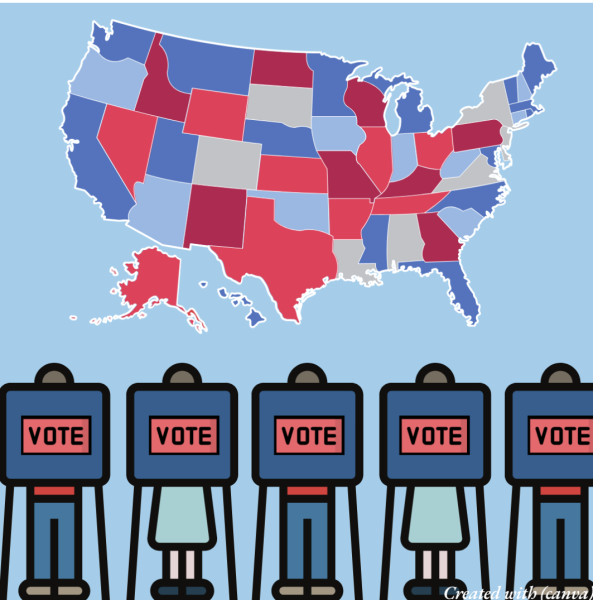
Fixing this lack of interest is important to get young Latinos more involved and passionate about politics. As the Latino vote played a crucial role in swing states like Florida and Arizona, where their growing populations are significant.
Freshman Johan Castro shares his thoughts on community dynamics, commenting on the complexity of this support.
“Latino voters… they voted for Trump, even though his voice tells that he doesn’t like immigrants or Mexicans in general,” Castro said.
This demonstrates that voters consider a variety of factors, not just campaign promises. The strategic importance of Latino voters in these states underscores their potential to sway election outcomes, highlighting the need for political parties to address their diverse concerns and priorities. The influence of social media on political opinions is especially pronounced among younger voters.
“Kamala Harris’… TikTok account… It’s cool to see how they use trends that everyone watches, as it makes it easier to get the attention of younger audiences and get them to interact with their videos,” Flores said.
Social media serves as a powerful tool for attracting a wider audience, although it also presents risks of misinformation. The ability to reach and influence young voters through these platforms highlights the evolving nature of political communication and the importance of digital literacy in navigating political content.
These insights challenge stereotypes and show the different motives behind Latino voters’ choices. Understanding these motivations opens a dialogue about the implications for future elections and strategies. As the number of Latino voters grows, their role in shaping the political landscape will expand, prompting political leaders and strategists to carefully consider a range of perspectives. This unexpected support suggests that Latino voters are prioritizing issues beyond traditional party lines, urging a deeper exploration into their evolving political priorities.
This story was originally published on The Spellbinder on December 2, 2024.


